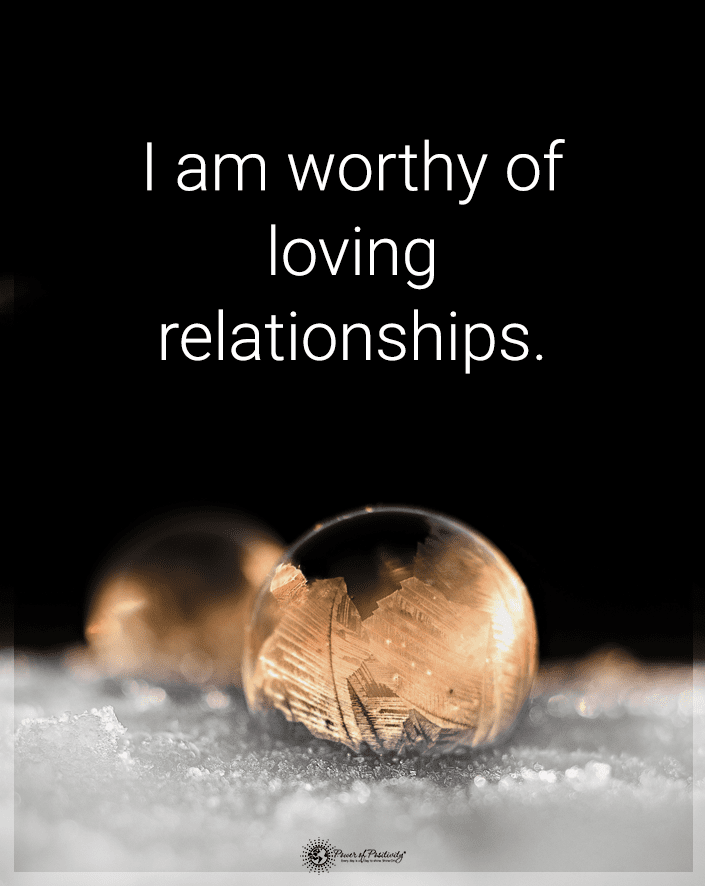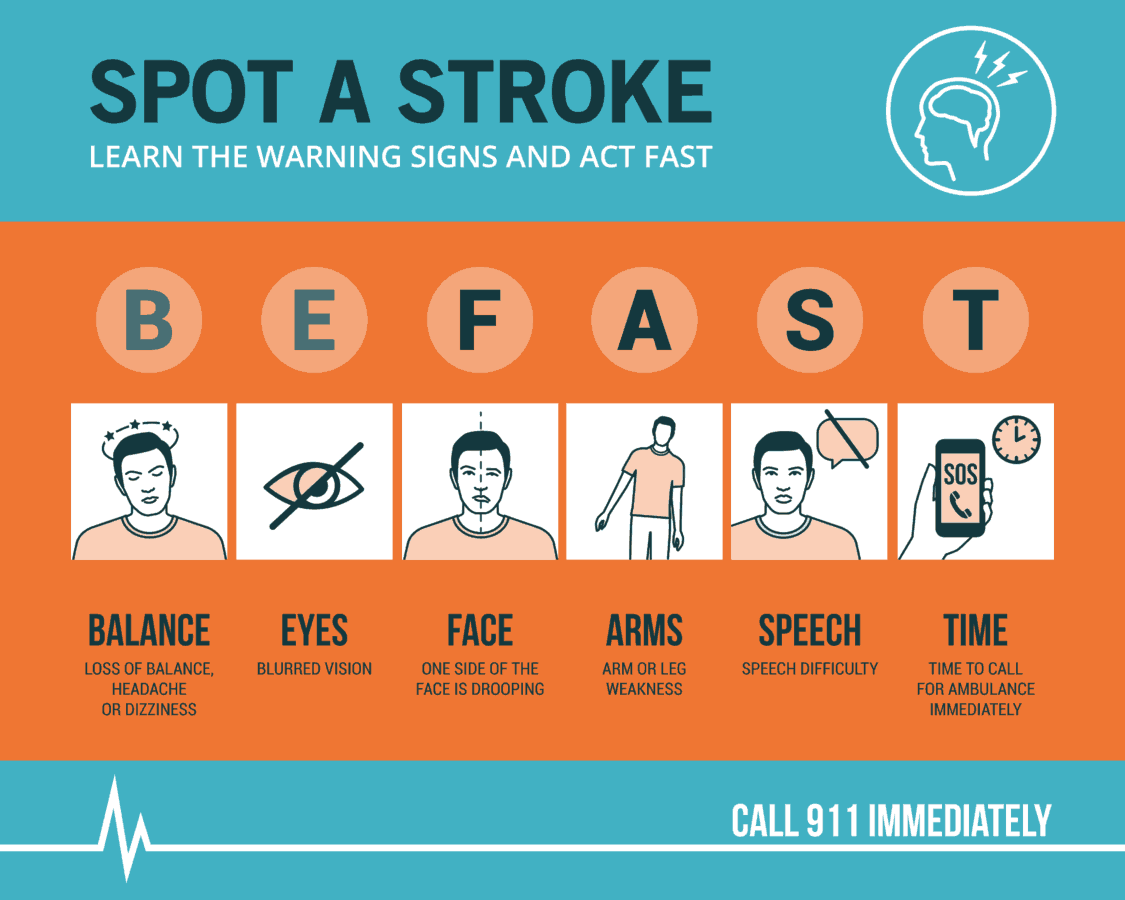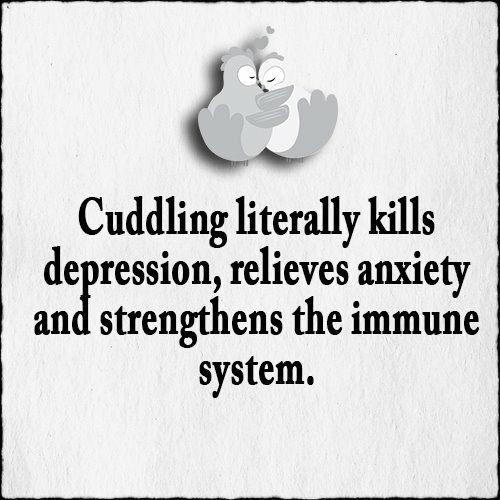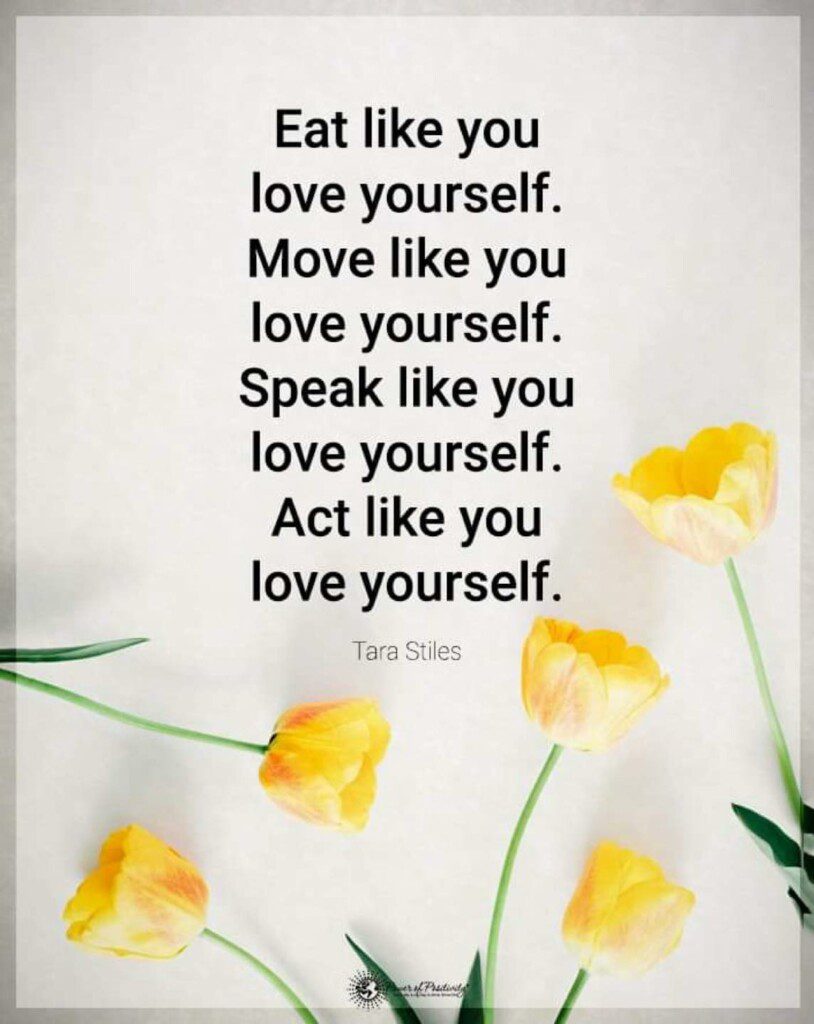Many people go through different kinds of relationships in an effort to find the one person that they truly want to be with for the rest of their lives. It can be hard to tell who is supposed to be your life mate, and who is simply supposed to be a relationship partner. Sometimes, we confuse the two and spend longer than we need to in a relationship that isn’t meant to last forever.
There are key differences between a simple relationship and a relationship with your life mate.
Once you know the difference, finding that special someone to spend your whole life with will be a much easier. Not only that, but you will be able to pinpoint relationships that aren’t working much more effortless.
Here Are 5 Differences Between A Relationship Mate And A Life Partner

1. You feel like you’ve known them forever
When your life mate walks into your life, it can suddenly feel like you’ve known them your entire life. While you may find out new things about them every day, they don’t feel like a stranger to you. You’re immediately comfortable around them and feel you can tell them anything.
“Soulmates often feel a sense of the familiar and a sense of comfort around each other. Many people say it’s easier to relax into that person and allow themselves to be vulnerable,” says wedding officiant and author Rev. Laurie Sue Brockway.
With relationship partners, it can take a while to start to trust them and get to know them. But your life mate will feel like you’ve known each other from the moment you were born. It’s an amazing feeling.
2. Your attraction is physical, spiritual and emotional
When you meet your life partner, everything about them is attractive to you. Not only will you be physically attracted to what they look like, but you’re also going to be spiritually and emotionally attracted to them. When it comes to simple relationship partners, you may find them attractive, but not everything else lives up to the idea of a life mate. You may get along well, and have a good time together, but it’s not quite the same as being spiritually and emotionally attracted to someone.
3. They know you intuitively
When you’re with your life mate, it’ll almost feel like they can read your mind. While that’s not actually possible, they will be much more highly attuned with your emotions and your personality to feel like they’re able to read your mind. Relationships can often falter with communication because we’re not actually mind readers.
“It seems like your senses and perceptions are feeding off of each other so much so that one or both of you often say, “I was just thinking that”, “You read my mind”, or?”How did you know?” They see you on a deeper level and can sometimes do it early on in your relationship,” adds speaker and presenter Lori Peters.
The deep spiritual and emotional connection you share with your life partner, vs. just a relationship partner, will make communication flow much easier. This isn’t to say you won’t have your moments, but you’ll be able to work them out much quicker.
4. You keep falling in love
With relationships, people can sometimes feel their love plateau – or worse, they can feel themselves falling back out of love with the person that they were with. When you find your life mate, you don’t have that problem. In fact, you keep falling deeper and deeper in love with them. It doesn’t seem to end. There’s a never-ending well of love inside your heart for this person. All of their flaws and quirks are just a part of them and they make you love them even more. Every day you find something new about your life mate that makes you love them more than you already did – even if you didn’t think it was possible.

5. You feel secure and protected by the relationship
In a normal relationship, you might feel comfortable and happy. This is good and normal. You should feel relaxed in a relationship. However, these feelings seem to compound when you’re with your life partner. You feel secure and physically and emotionally protected from all of the stressors in the world. You know that your partner has your back through anything.
Author, clinical psychologist, and relationship expert Dr. Carmen Harra says, “Regardless of the gender of your partner, he or she should always make you feel secure and protected. Your soulmate will make you feel like you have a guardian angel by your side. A person who plays on your insecurities, whether consciously or subconsciously, is not your soulmate.”
No matter what comes up, they will instinctively have your back and be on your side – even if you’re in the wrong. But they’ll be there to help you through anything, and you’ll never have to worry about not having someone in your corner.
Final thoughts on knowing the difference in your relationships
Relationship partners and life mates are two different types of emotional and physical relationships. We have many relationship partners, but only one life mate. You may not realize you’ve found your life mate until you’re already caught up in their love. However you find them, they will be by your side through everything, loving you in ways you never knew were possible.









